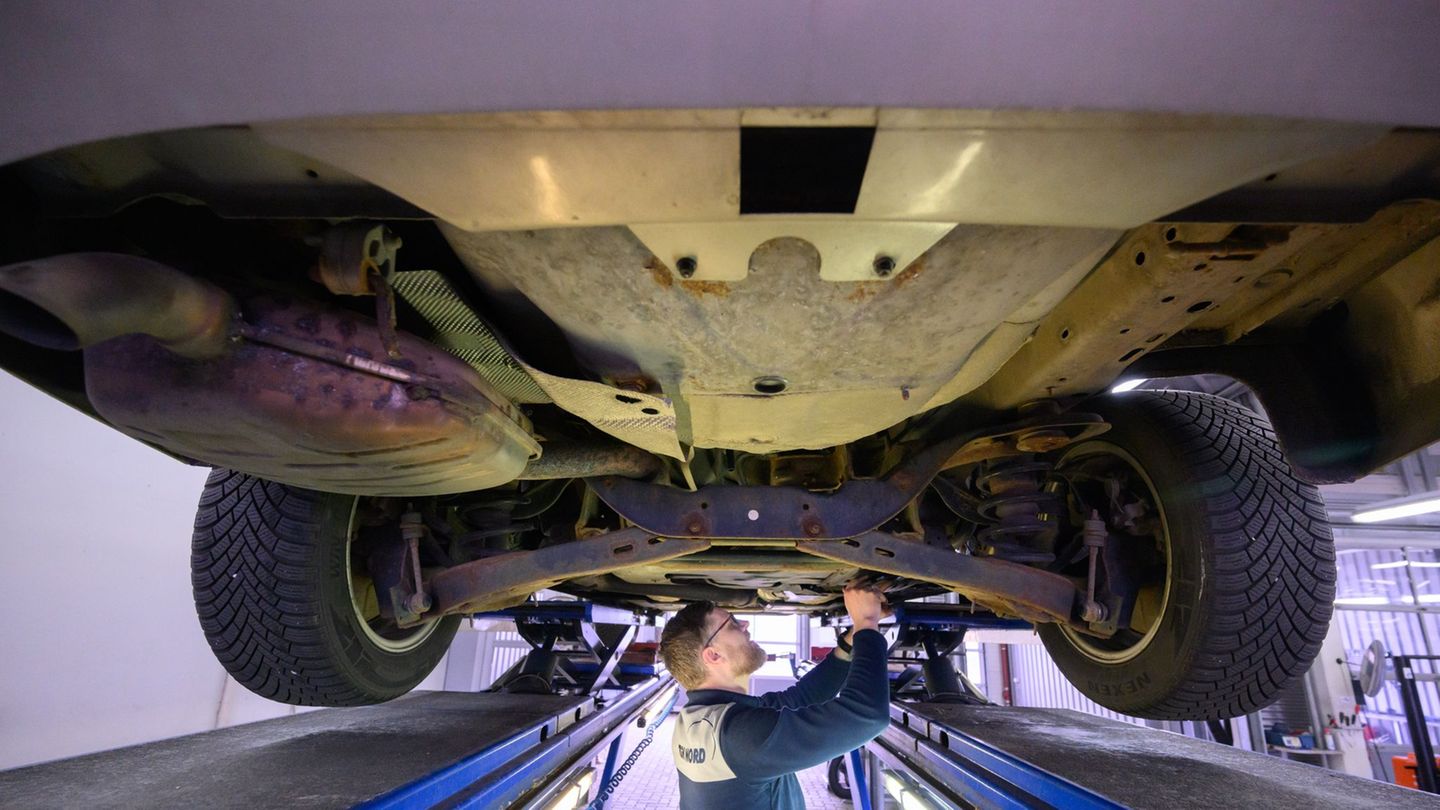Menu
Economic crisis: How Germany is overcoming its weak growth
Categories
Most Read
Vehicle safety: Tüv and Co: Inspectors are finding more serious defects in cars
October 24, 2025
No Comments
The CEO of JP Morgan met with Argentine bankers and businessmen
October 24, 2025
No Comments
Supermarket sales fell in August for the fifth month in a row
October 23, 2025
No Comments
They project 3% for October due to the volatility of the dollar
October 23, 2025
No Comments
The trade deficit in August grew and already exceeds US$6 billion in 2025
October 23, 2025
No Comments
Latest Posts

Prices, housing, the economy: What does the Olympics bring to the economy – and what doesn’t?
October 24, 2025
No Comments
Prices, housing, economy What does the Olympics bring to the economy – and what doesn’t it? Copy the current link Add to watchlist On Sunday,

Vehicle safety: Tüv and Co: Inspectors are finding more serious defects in cars
October 24, 2025
No Comments
Vehicle safety Tüv and Co: Inspectors are finding more serious defects in cars Copy the current link Add to watchlist Not even two out of

The UN assured that the US and the EU were complicit in the genocide in the Gaza Strip
October 24, 2025
No Comments
October 23, 2025 – 22:23 The latest United Nations report was titled “The genocide in Gaza: a collective crime” and warns that the human rights
24 Hours Worlds is a comprehensive source of instant world current affairs, offering up-to-the-minute coverage of breaking news and events from around the globe. With a team of experienced journalists and experts on hand 24/7.

